
Topics: Pope Francis, Religion, World News, Catholic Church
To make sure you never miss out on your favourite NEW stories, we're happy to send you some reminders
Click 'OK' then 'Allow' to enable notifications

Topics: Pope Francis, Religion, World News, Catholic Church
Heading up the Catholic Church which has billions of followers is certainly no easy feat and there are several cardinals who are anticipated as being able to take over as Pope Francis' successor.
Pope Francis passed away at the age of 88 years old, confirmed by the Vatican earlier today (April 21).
In a statement, Camerlengo Cardinal Kevin Farrell announced with 'deep sorrow' the passing of 'our Holy Father Francis'.
Advert
"At 7.35 this morning, the Bishop of Rome, Francis, returned to the home of the Father," he continued.
He said: "His entire life was dedicated to the service of the Lord and of his Church. He taught us to live the values of the Gospel with faithfulness, courage, and universal love, especially for the poorest and most marginalised.
“With immense gratitude for his example as a true disciple of the Lord Jesus, we commend the soul of Pope Francis to the infinite, merciful love of God, One and Tribune."
Advert
The period of mourning has commenced, however, so has murmurs as to who will take the baton as the leader of the Catholic Church.
The next pope will be elected by a group of senior Catholic clergy called the College of Cardinals.
The group come together in something called a papal conclave, where the clergy vote up to four times a day in a secret ballot in the Sistine Chapel.
Advert
There are over 240 cardinals across the globe and the number of papal electors is typically capped at 120. Cardinals are also only allowed to vote if under the age of 80 - the title typically held for their lifetime.
However, Al Jazeera reports there are currently 138 eligible voters.

A candidate has to receive a majority of the vote measuring two-thirds to become the new pope.
Advert
The United States Conference of Catholic Bishops website notes the process typically lasts from around 15 to 20 days, as quoted by The Independent.
But who is expected to be in the running for the lead role of the Catholic Church - which has a staggering up to 1.39 billion followers?
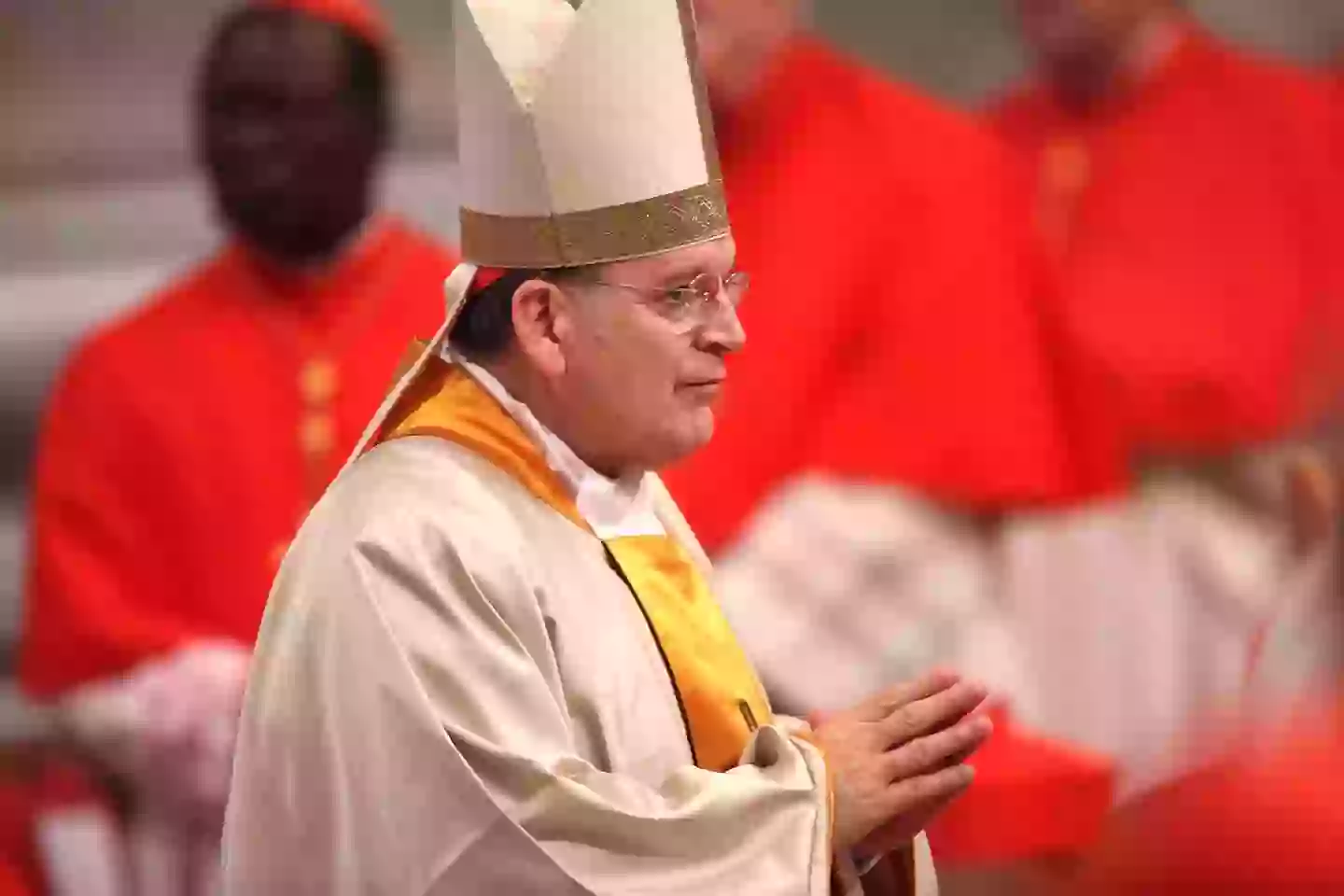
Advert
An American prelate of the Catholic Church, Cardinal Burke is both a bishop and cardinal.
A traditionalist and conservative leader, Burke has publicly clashed with Pope Francis over the subject of Catholics divorcing and re-marrying, alongside the church's approach to members of the LGBTQIA+ community.
Pope Francis supported the church's changing attitudes towards gay people and becoming more accepting however, Burke strongly opposes such movements.
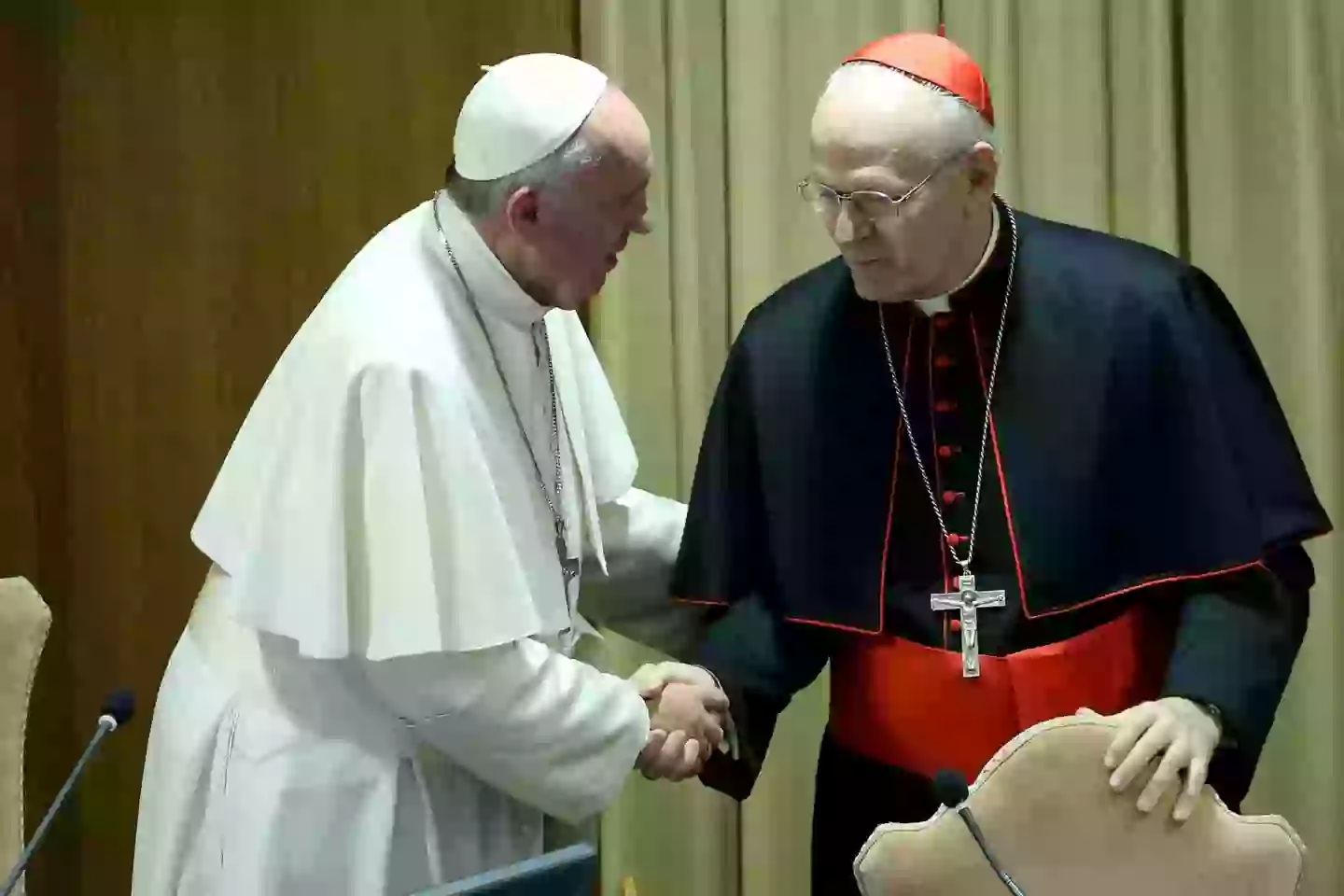
The Hungarian cardinal of the Roman Catholic Church, Cardinal Erdö is considered the leading conservative candidate.
A traditionalist, he has stressed the need to unite with Orthodox Christians and focus on faith.
He has served as the Archbishop of Esztergom-Budapest and Primate of Hungary since 2003.
"His emphasis on unity and his role as a bridge between East and West have solidified his standing as a significant Church leader," The College of Cardinals report states.
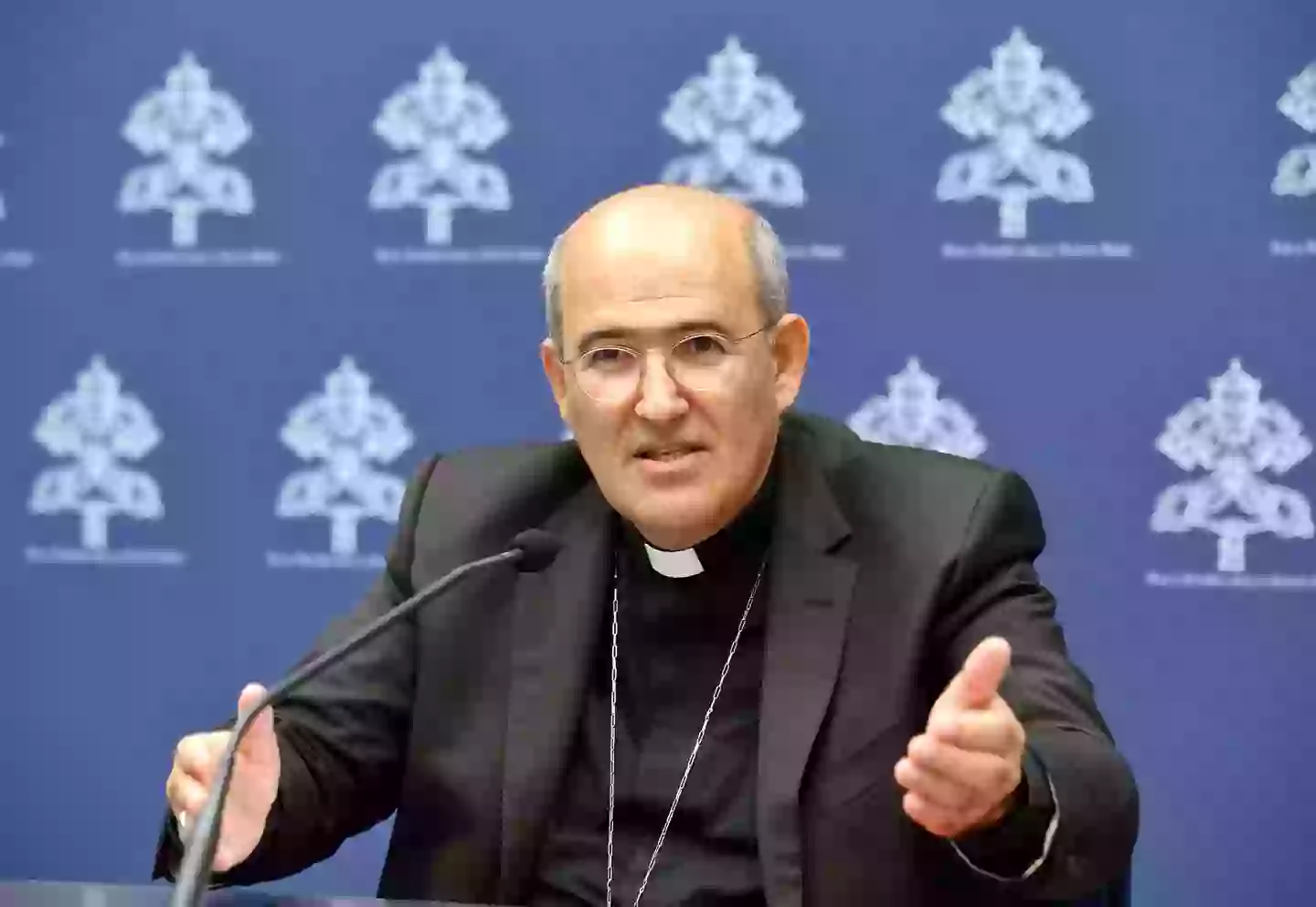
A Portuguese prelate, Cardinal Mendonça has been an archbishop since July 2018 and was made a cardinal in October 2019.
He's been a member of the Third Order of Saint Dominic since 2020 and was appointed prefect of the Dicastery for Culture and Education and Grand Chancellor of the Pontifical Institute for Christian Archaeology in September 2022
One of the youngest members of the College of Cardinals at 59, he is also a university professor and a poet.
He is considered as being very much a part of the 'progressive' wing of the church - aligned with Pope Francis.
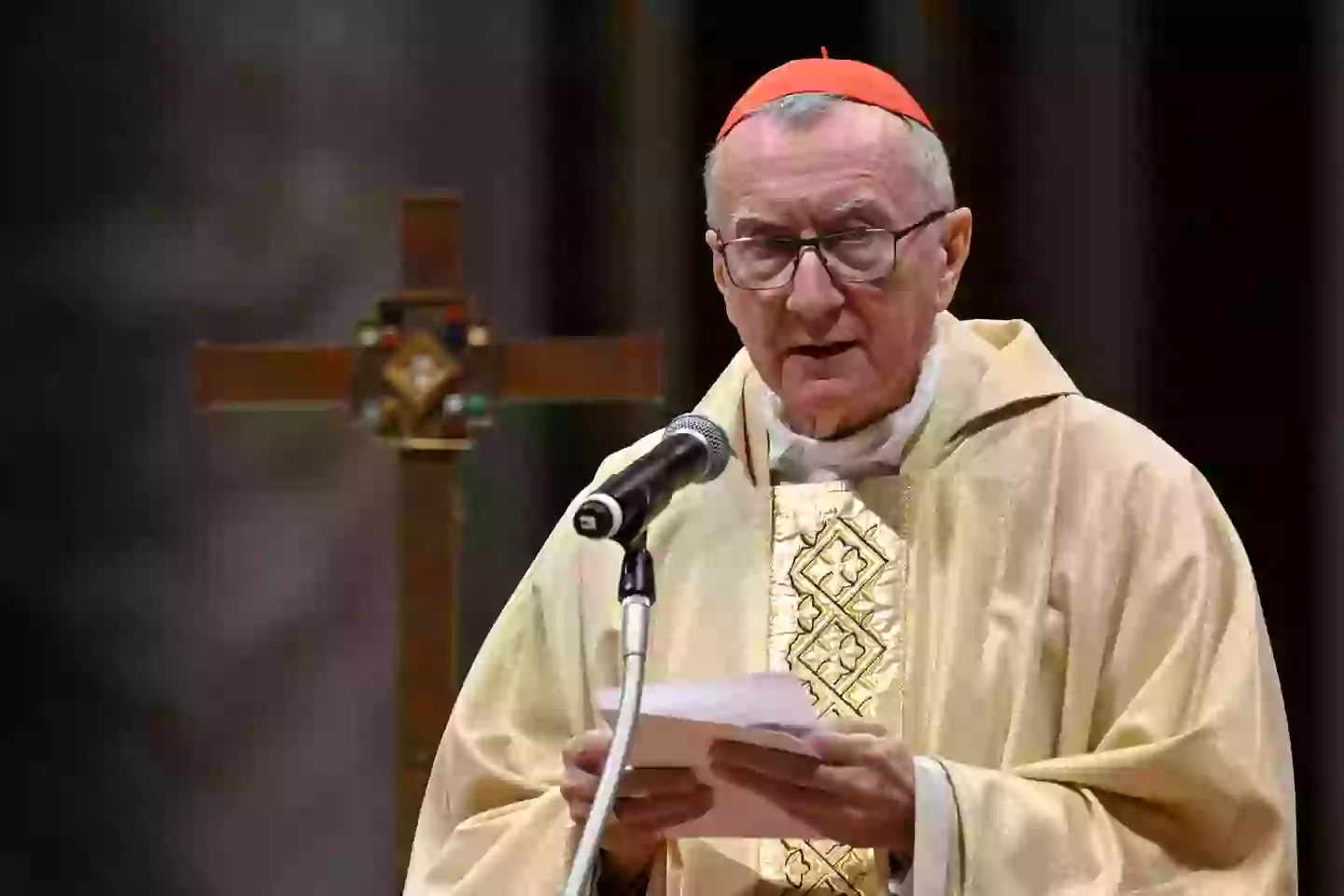
The Holy See's Secretary of State, Italy's Cardinal Parolin was a close ally to Pope Francis.
He's served in the position of the Vatican's Secretary of State since 2013 and 'sensed a call to the priesthood at a very early age and entered the seminary in Vicenza when he was fourteen,' The College of Cardinals report states.
Prior to that, he worked in the country's diplomatic service, traveling to areas such as Nigeria, Mexico and Venezuela to spread the Pope's messages.
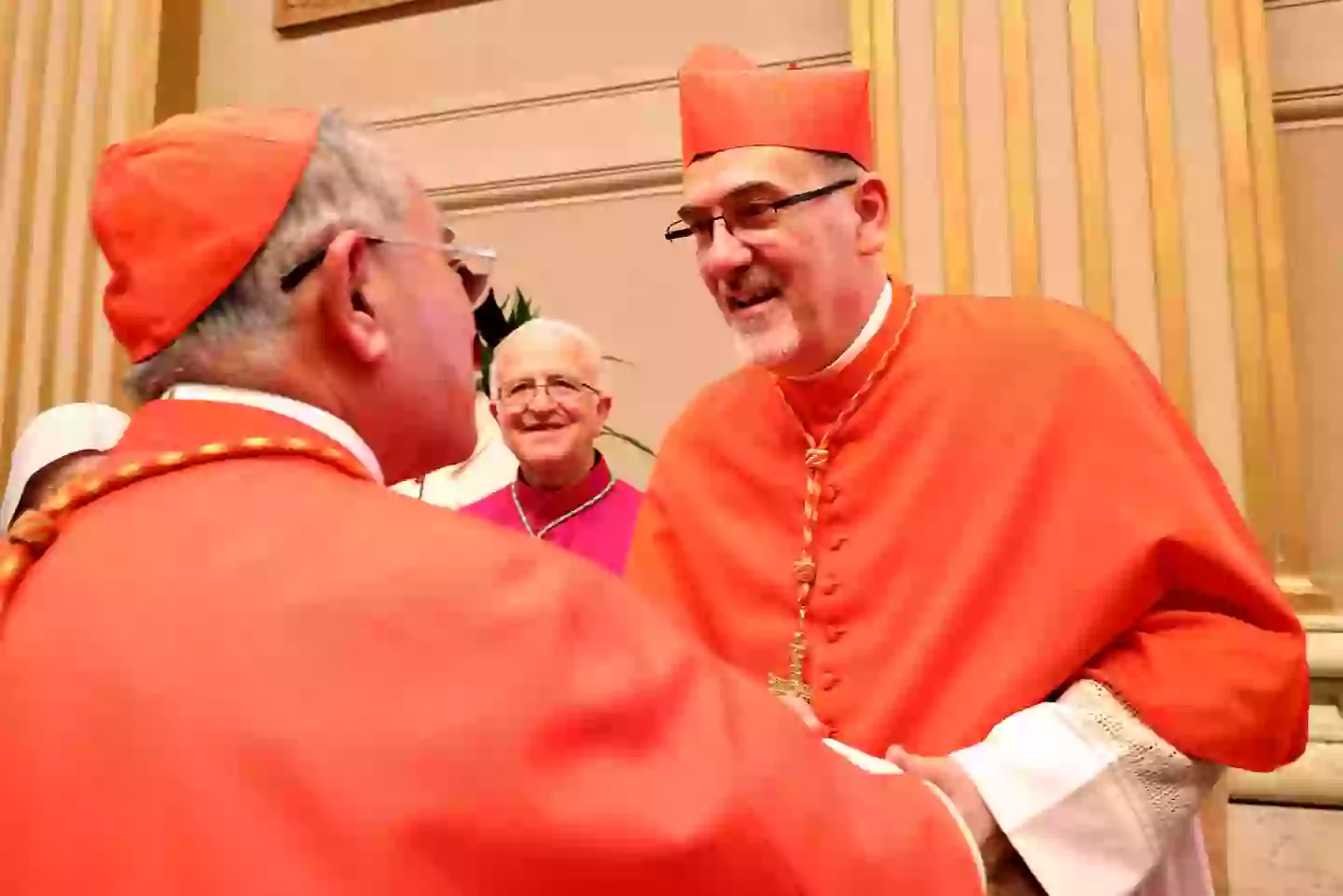
The Italian prelate has served as Latin Patriarch of Jerusalem since November 2020.
He was made a cardinal by Francis in 2023 and has a 'number of similarities' to the late Pope, The College of Cardinals Report states.
He holds 'a disdain for clericalism and a concern for migrants, interreligious dialogue and, to some extent, the environment' alongside believing the Church should be open to everyone, however, he notes the 'starting point has to be faith'.
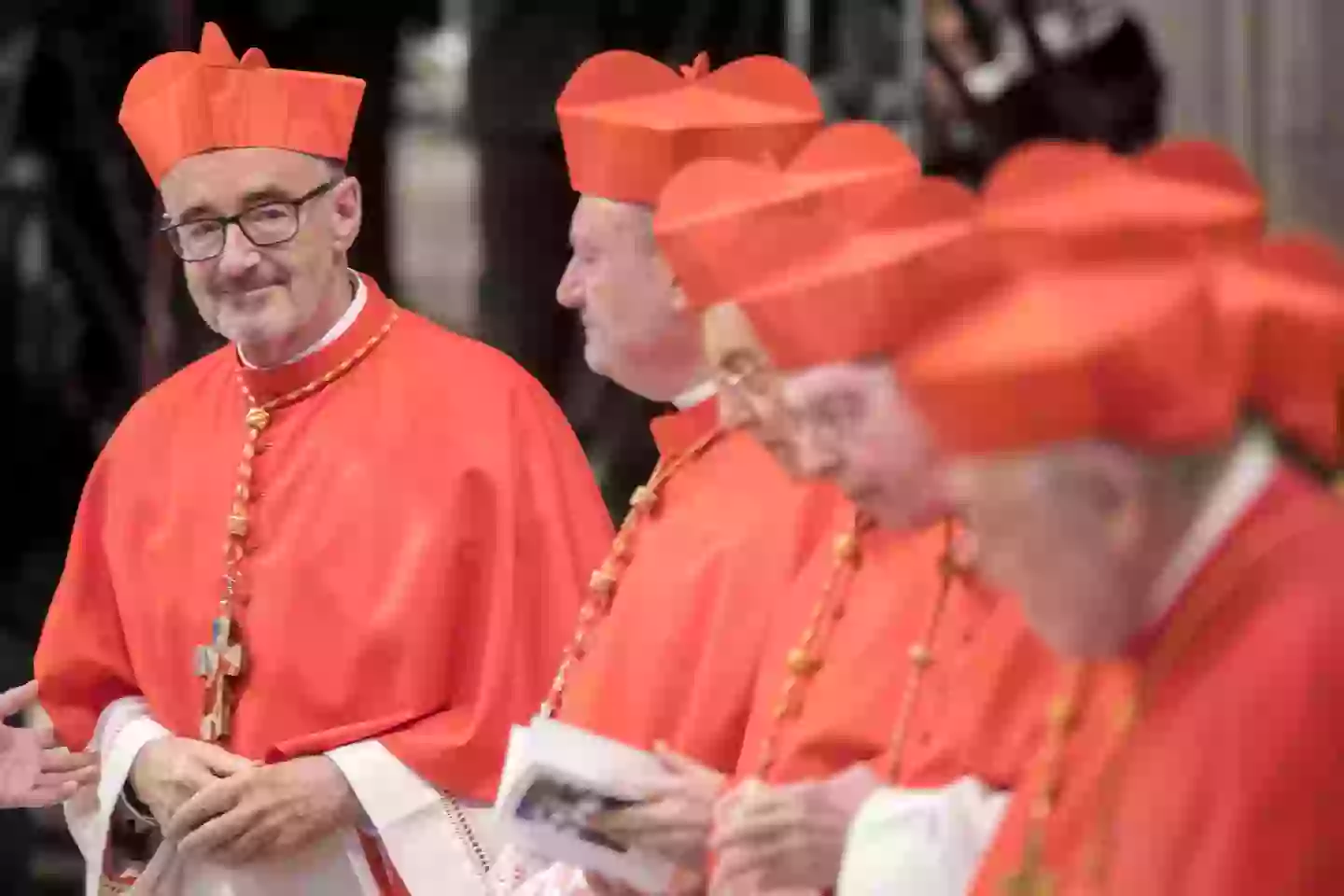
Archbishop of Rabat, Morocco, the Spanish prelate has served in the position since March 2018.
He was raised to the rank of cardinal in October 2019.
Cardinal Romerto has dedicated a lot of his work to advocating for the wellbeing of migrants.
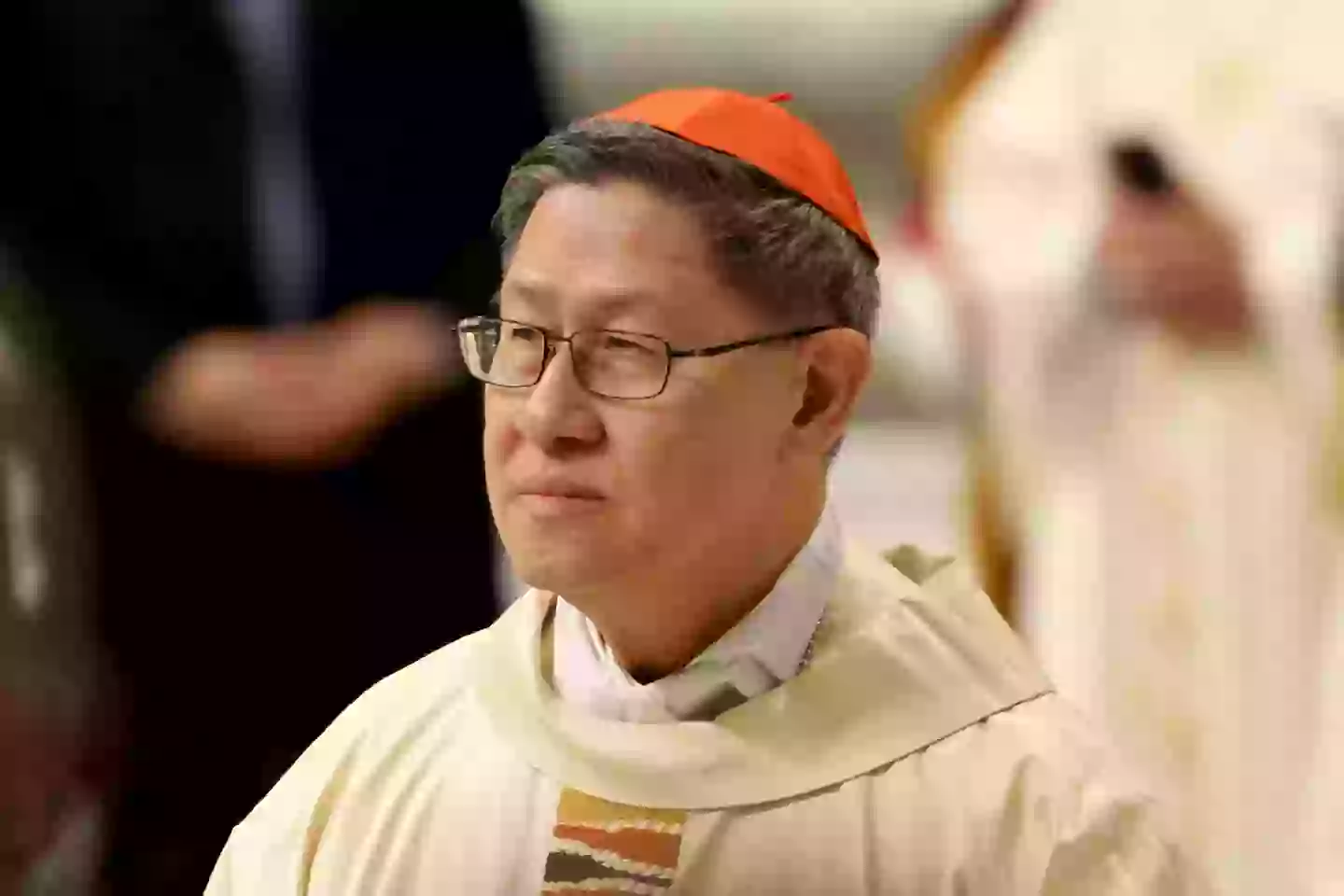
A Filipino prelate of the church, Cardinal Tagle was the former archbishop of Manila from 2011 to 2020.
He's been serving as Pro-Prefect for the Section of First Evangelization of the Dicastery for Evangelization since June 2022 and as the President of Interdicasterial Commission for Consecrated Religious since December 2019.
Similarly to Francis, he is seen as a member of the progressive wing of the church.
"Tagle often uses the pulpit to respond to issues of social justice, but his positions on moral matters appear somewhat incoherent. On the one hand, he railed against a Filipino “Reproductive Health” bill, albeit less strongly than some of his fellow bishops, that introduced anti-family and antilife policies, and he has spoken strongly against abortion and euthanasia," The College of Cardinals report reads.
"On the other hand, he holds that some situations exist where universal moral principles do not apply, as in the case of Communion for couples who live together conjugally but without sacramental marriage, and issues relating to homosexuality."
And last but not least...
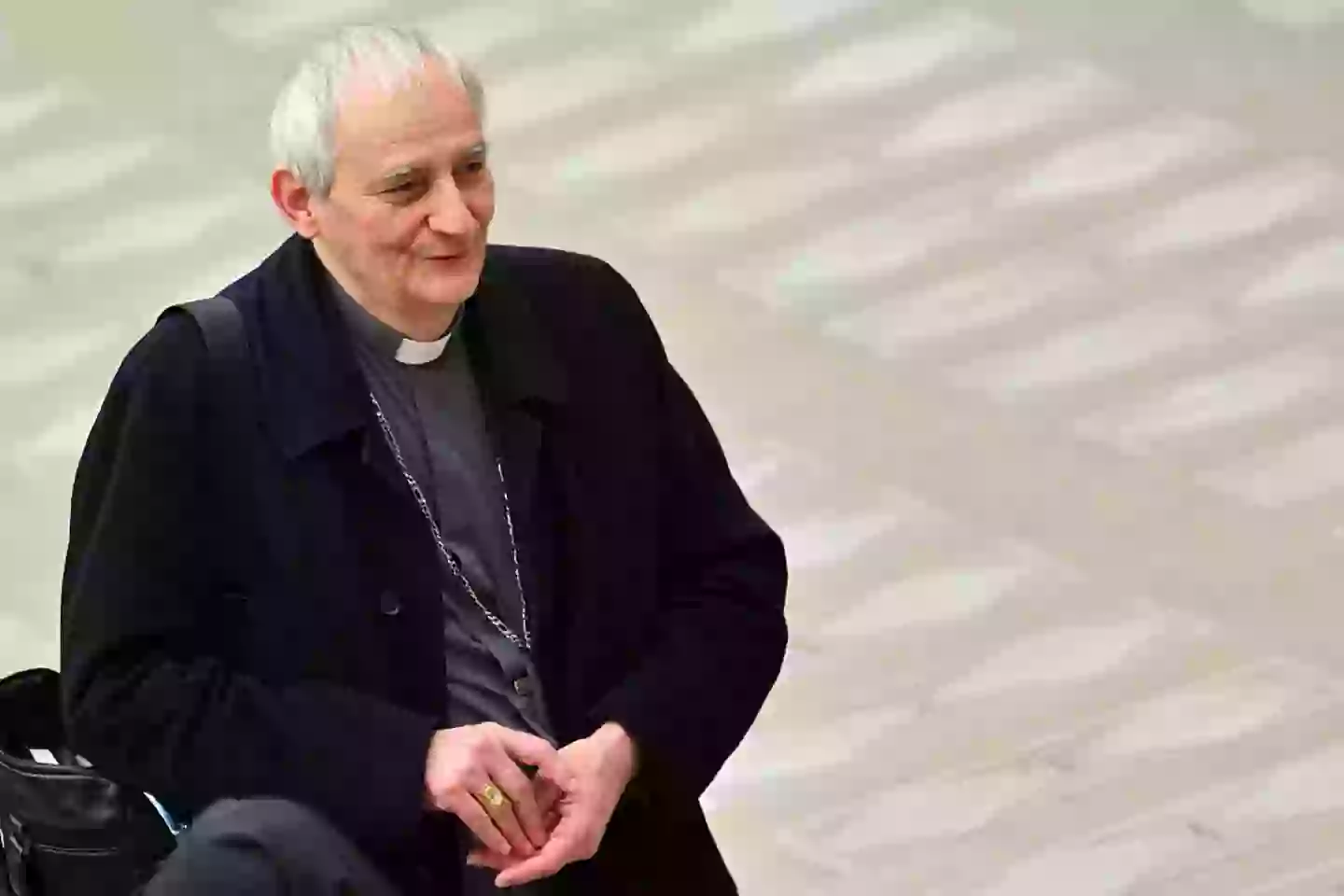
Archbishop of Bologna since December 2015, he was raised to the rank of cardinal in 2019 and has been president of the Episcopal Conference of Italy since May 2022.
Cardinal Zuppi helped end the civil war in Mozambique in 1992 and was sent to Kyiv and Moscow by Pope Francis in a bid to try and provide help amid the ongoing war in Ukraine.
The papal conclave typically gets going around two to three weeks after the last pope has resigned or passed to allow for a period of morning and for cardinals to travel to the Vatican too.